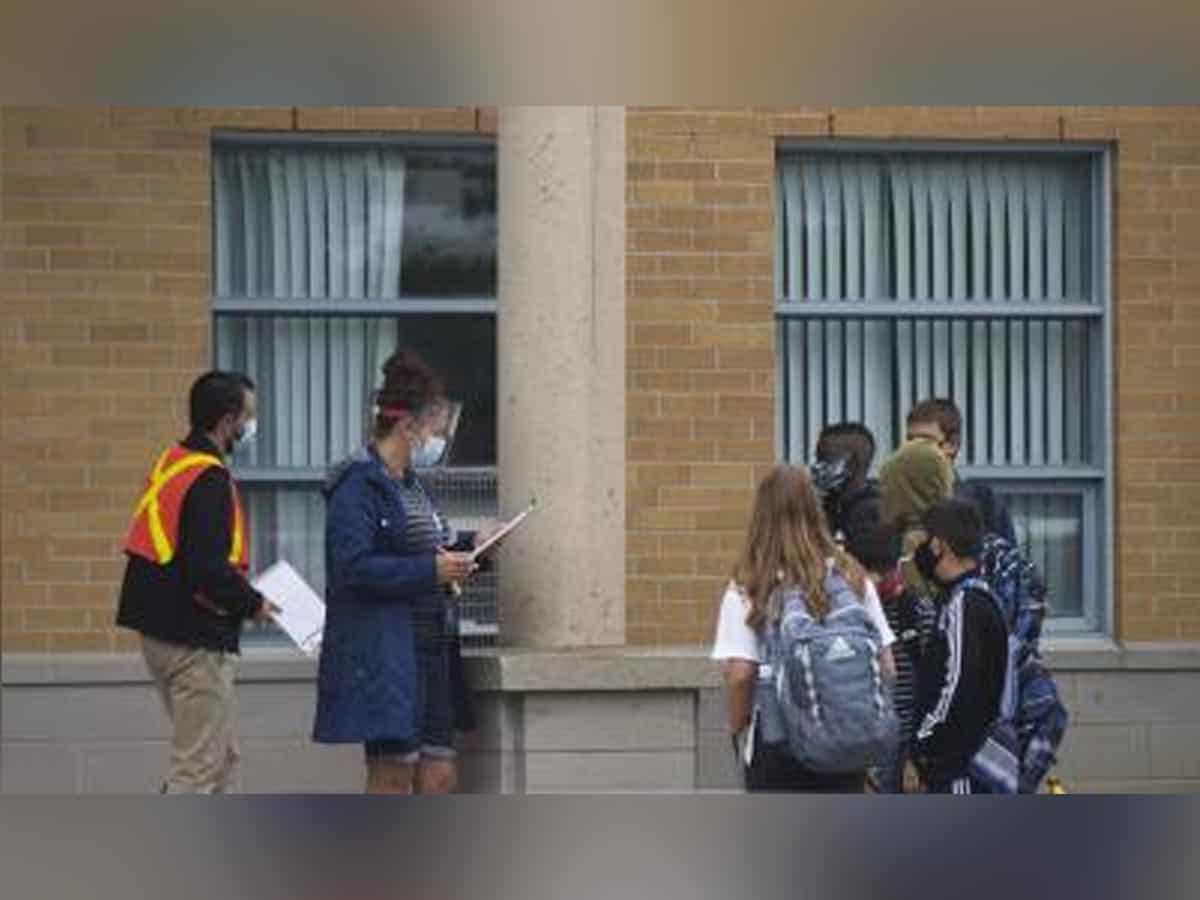
New Delhi: Foreign universities will come to India once the guidelines are fixed for them, and then establish their campuses in the country will be established, officials of the University of South Australia said.
The Education Ministry and the University Grants Commission are already working on these guidelines.
In an interaction with IANS, the Australian varsity officials said that foreign universities, which are planning to set up the campus in India, will not only provide normal courses but also introduce industry-linked technical education, prepared after consultation with Indian and multinational companies.
In view of this, institutes that offer higher education have started adopting concepts like experiential learning and work integrated learning (WIL) that allows them to prepare their students for the highly competitive market. WIL is gaining momentum nowadays as varsities collaborate and liaise with businesses to set up bespoke job roles specifically for learners which enable them to gain work experience and apply what they have learned in their studies to the job.
“Work-integrated learning needs are the demand from industries. They want to hire graduate students who can add value on day one without retraining them. So, they don’t want to hire someone who hasn’t worked in a workplace, or with clients or in teams,” Tom Steer, Chief Academic Services Officer, University of South Australia
Echoing similar sentiments, Rishen Shekhar, Director, Global Recruitment & Engagement, UniSA International, University of South Australia, said: “When we bring work-integrated learning into the degree and include that as part of the qualification, graduates can contribute to the bottom line from day one as opposed to having to retrain. And I think when you talk to sectors across the board, this is what we are hearing from the sectors at the moment. The corporates want job-ready graduates, not just those with theoretical knowledge but also application. The application can only happen through work-integrated learning or internships or placement.”
Technology has subjugated all sectors and education is no exception. In recent years, technology has helped teachers to acquire the necessary skills that assist learners to build successful careers. Of course, much credit goes to the National Education Policy (NEP) 2020, which replaced the previous version, launched in 1986.
The mandates laid under the Policy have paved a path for educational institutions to adopt new pedagogies, train teachers and management, restructure institutions and introduce new-age technologies, creating a more holistic learning environment.
